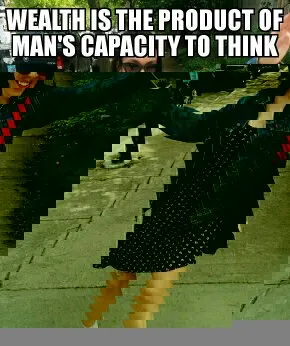Welcome to my amateur poetry blog!
I, The Yaletown Observer, am challenging myself to write a poem everyday for 30 days, starting NOW! (October 16th, 2025).
Prompts are randomly generated by an AI chatbot (with the instruction to be "brutal") , and potentially submitted by you.
Best viewed on desktop, probably tablet as well. Mobile dumbs up the formatting.
Updates:
October 18th, 2025: Okay for my own sake, I hereby vow to NOT read or edit anything I've written until the very end of this challenge.
Here are some synonyms for "cringe":
cringeworthy
embarrassing
awkward
wimpish
yellow-bellied
craven
timorous
toe-curling
very embarrassing
weak-kneed
winceworthy
apprehensive.
While I will absolutely fix formatting/make edits on poems until the end of the morning they have been posted, I canNOT touch them after that.
I'm not scared! I swear. I am humbled. And well-fed :o)
We are OBLITERATING comfort zones here. You're witnessing alchemy, congratulations.
